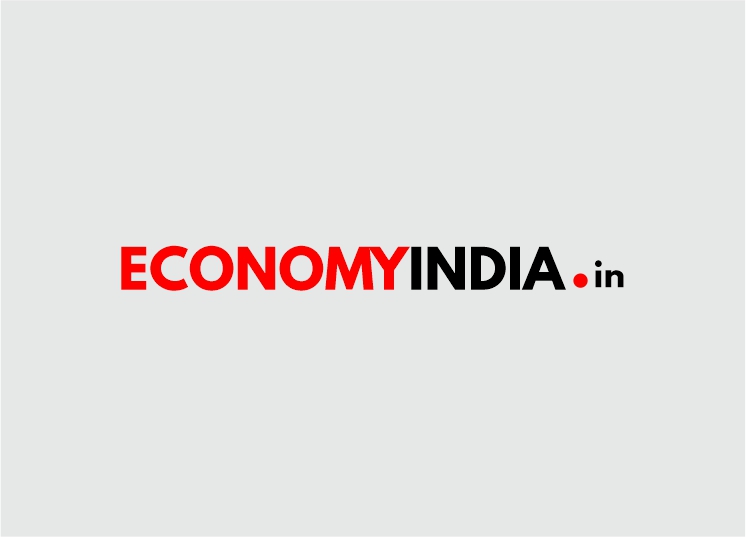“Everyone was having a gala time. When money making becomes too easy, it is a sign that something is going to come by way of a correction,” he said.
It might take 15 years, 10 years, I do not know but we are surely headed towards $10 trillion as far as the economy is concerned. And if we head towards that and if the market just mimics that, then over a period of time, we are going to be much higher than 100,000 on the Sensex, says Sunil Singhania, Founder, Abakkus Asset Manager LLP.

By the time this bull market ends in three, four years, on a scale of 1 to 10, what are the chances that we could be around one lakh on the Sensex or even above that?
Markets are a reflection of GDP. We have $2.7 trillion of GDP now. I do not think we are going to stop at $5 trillion. We are going to go much ahead. It might take 15 years, 10 years, I do not know but we are surely headed towards $10 trillion as far as the economy is concerned. And if we head towards that and if the market just mimics that, then over a period of time, we are going to be much higher than 100,000 on the Sensex.
As I said, markets are like cardiograms, there will always be ups and downs and as long-term investors we have been prepared for that. In fact, whichever investor has accepted that, have benefitted the most out of this. So I would not hazard a guess, I think as long as the economy continues to chug along, the markets will also keep on chugging along.
You have bought into metal stocks in the past, given what is happening to China on the energy front and also on the entire ESG front, how do you see metal as a category moving?
So on the climate side I think things are for real. There is a big summit coming up in Glasgow in November and I am very sure that almost all the countries who are participating, the 26 large countries, all are going to pledge towards a net zero sort of promise because ultimately we are seeing what is happening in the world in terms of climate changes. That is going to increase the cost to a certain extent or everyone will have to ensure that they follow the best environmental practices. We have to be prepared for a slight increase in the prices of almost every commodity.
As far as metals are concerned, Indian companies are on a good wicket. We are almost fully backward integrated and the last one and a half years of good market has ensured that the balance sheets have also come back into shape. So from a 5-6 debt/EBITDA ratio for Indian steel companies, we would be have 1:1 debt/EBITDA by the time we end FY22. That is a big change and that makes them very competitive,
With our own iron ore, almsot 80-90% domestic coal, good integration in terms of other inputs which are required and China facing pressure because of environmental issues, this segment seems to be in a pretty decent kind of a scenario. The only thing is there are deep cyclical commodities and it is advisable for every investor to limit their exposure in their overall equity portfolio to these kinds of deep cyclicals.
The second sector which you have always liked is IT. You have been an IT bull irrespective of what challenges IT companies have had to face. Now it looks like clear blue skies for IT stocks. Can the large IT stocks give double digit returns from here for the next two, three years?
It is very ironical. There is this concept of quality stocks in India. I would say the IT sector is the biggest quality sector in India. These are globally competitive, very great businesses headed by very good promoters, up there in terms of giving back to the shareholders by way of large dividends or buybacks and yet they have traded at significant discount to the so-called consumption stocks.
If you look at the last one year, two years or five years, their growths have been significantly higher than the paint stocks or toothpaste or soap stocks. Even now they trade at like 25-30% of the valuation at which some of the so-called quality stocks trade. Our view is that the demand scenario is good. There is a tailwind. India is globally competitive there, every company in the world is shifting towards the digital way of doing business and in that kind of a scenario, the next three, five years look fantastic for this sector.
But yes, there has been a so-called mini echo or exuberance in particularly the midcap IT space and we feel that at this point of time, you have to be more stock specific in the IT space rather than buying anything and everything as far as the IT services space is concerned.
Since you own midcap IT, Mastek, Route Mobile, would you be tempted to reduce your exposure in midcap IT and stay with IT but move up the value chain?
We continue to be large investors in some of the stocks you mentioned. Ultimately the valuation has also given credence to the growth rates possible. So some of these companies are growing at 30-40% year-after-year and as long as we are confident that the valuations are justifiably based on the growth rates, we would be pretty okay.
The problem we have is when companies trade at 60-70 PE with 10-11% growth rates, they are trading at 25-30 PE multiples with 30-40% growth rate. We are more than happy to be investors.
Will you still say no to Zomato or would you be tempted to look at Zomato or some of those new tech companies?
I frankly adore the company for a few reasons. One is they have made all our lives so fantastically easy. They have created a lot of employment. At the same time, we have our own way of looking at stocks, which may be old school, but we also are pretty okay in terms of investing in new age businesses. But somewhere down the line, we do give credence to future profitability and that is where at least in few companies which have been listed recently — whether it was on the new age businesses or even on the specialty chemical side, we find the valuations to be totally out of whack of at least the future cash flows. What we do not understand, including Bitcoins, we are better off not investing in.
(Economy India)













